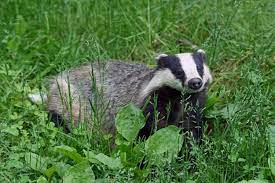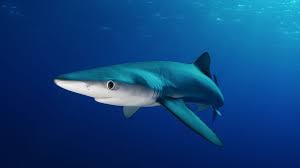
The UK has been culling badgers since 2013, and since then over 230,000, yet a recent study has shown that vaccination is far more successful than culling.
This trial in Cornwall, found that the rate of bTB in the study area fell to zero.
Why is this important? One of the big shames of the British government is the fact that experts have been telling them since the beginning of the cull, that it will not work. This is for a very simple reason. Badgers are required to mingle to breed, and when you cull badgers, while you can largely eliminate them in the centre of your trial area, in the area further out, you merely reduce the numbers.
As a result, young males and females that are looking for a mate are required to roam further in order to find one. As a result, any local concentrations of bTB get spread around, causing the rate of the illness to increase. The study area covered 12 farms, and they vaccinated 265 badgers.
The next step is to fund a study over a far larger area.
It should be noted, that farmers funded the study, and it has been shown that not only are vaccines more effective at eliminating bTB, but also significantly cheaper. Furthermore, they found that more badgers were vaccinated per km than were culled on nearby land – suggesting a far higher reach within the badger population.
Might we finally be at a place, where with bTB outbreaks, we can vaccinate rather than cull the badgers, so as to reduce the spread in cattle (though as I have written before, much of the spread comes from moving cattle around, rather than from the badgers anyway.
In south Africa, the bTB reservoir is found within the wild lion population. Understandably, few people would want these lions to be culled, but the ability to fire vaccine darts at them, might well be feasible in eliminating bTB here as well, where around 54% of lions have been shown to carry the illness. Whether or how fast the vaccine idea will reach South Africa is something that we will have to look out for.












